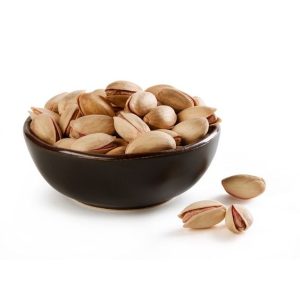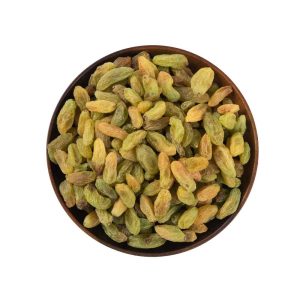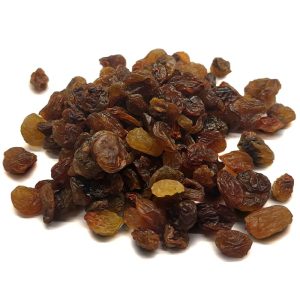Description
The Nutritional Powerhouse: Walnut
Walnuts, scientifically known as Juglans regia, are a type of tree nut renowned for their rich nutritional profile and diverse health benefits. Encased in a hard, brown shell, the walnut’s kernel boasts a unique, convoluted appearance and a wealth of essential nutrients, making it a highly valued component of numerous cuisines worldwide.
Appearance and Varieties
The walnut tree produces fruits known as drupes, with each containing a single seed encased in a hard, woody shell. The shell’s appearance is distinctive, resembling two halves joined at a seam, and upon cracking it open, the wrinkled, light-brown kernel inside is revealed. There are several varieties of walnuts, including English or Persian walnuts, black walnuts, and white walnuts, each differing slightly in taste and appearance.
Nutritional Composition
Walnuts are acclaimed for their impressive nutritional content. They are an excellent source of healthy fats, predominantly polyunsaturated fats, including omega-3 fatty acids. Additionally, they provide protein, fiber, vitamins (such as vitamin E, B vitamins), and essential minerals like magnesium, phosphorus, and copper. Their nutrient density contributes significantly to various aspects of human health.
Health Benefits
- Heart Health: The omega-3 fatty acids in walnuts play a pivotal role in reducing inflammation and improving heart health. Regular consumption has been linked to lowered cholesterol levels and decreased risk of heart disease.
- Brain Health: Rich in antioxidants, vitamins, and omega-3 fatty acids, walnuts are considered a brain-boosting food. They may enhance cognitive function and contribute to a healthy nervous system.
- Weight Management: Despite their relatively high calorie content, the combination of healthy fats, protein, and fiber in walnuts can promote satiety, potentially aiding in weight management when consumed in moderation.
- Antioxidant Properties: Walnuts contain polyphenols and other antioxidants that help combat oxidative stress and reduce the risk of chronic diseases.
- Support for Bone Health: The minerals present in walnuts, particularly copper and magnesium, contribute to bone strength and density, potentially reducing the risk of osteoporosis.
Culinary Uses
Walnuts are a versatile ingredient used in various culinary preparations. They are commonly eaten raw, toasted, or roasted, adding a distinctive crunch and nutty flavor to salads, baked goods, and savory dishes. Walnut oil, extracted from the nuts, is also utilized in cooking and as a finishing oil for its rich taste and health benefits.
Conclusion
The walnut’s nutritional density and array of health benefits make it a valuable addition to a balanced diet. Regular consumption, as part of a healthy lifestyle, may contribute to improved heart health, brain function, weight management, and overall well-being, showcasing the remarkable value of this unassuming nut.













Marial lvanova –
Пожалуйста, дайте цену
Damitry skolov –
Мне нужна тонна грецких орехов хорошего качества, дайте мне, пожалуйста.